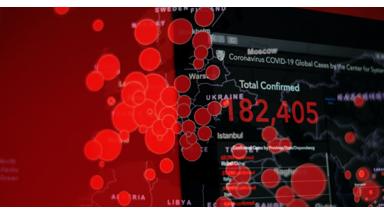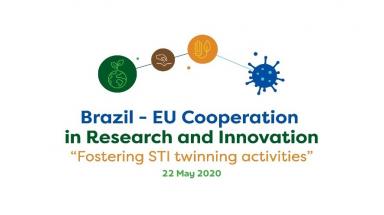2017-11-02
Interview: Ana Neves. Citizens demand better digital communication channels, faster services and more transparency

Ana Neves
Her professional career is vast; she was Senior Consultant at the English consultancy Knowledge Network Manager at the British Ministry of Health and Cultural Change Manager at an English bank. In 2011, she accepted the challenge of coordinating the Web 2.0 permanent working group of the Association for the Promotion and Development of the Information Society (APDSI) and already collaborated with the Government of the State of São Paulo.
According to her, digital transformation allows the reduction of expenses and, when well done and well communicated, it allows the engagement of the civil society in the identification and implementation of solutions to national challenges.
Check here, in a brief conversation, what Ana thinks about the Innovation Week in Public Management.
Sector Dialogues: What is the importance of holding a seminar such as the 3rd Innovation Week, the exchange of experiences etc.?
Ana Neves: The exchange of experiences, direct, not intermediated, is always an added value. The Innovation Week has the ability to bring together in the same space public sector professionals from several institutions, from various levels of government, and from various geographies. Everyone learns each time someone shares an experience and tells the story of the journey, with obstacles and triumphs.
But more than this exchange of experiences, there is the exchange of contacts, a realisation that there are people like us who do fantastic things, and we can talk to them, right there.
Sector Dialogues: How important is digital transformation to nations?
Ana Neves: Society is becoming digital. If we understand the nations as governments, it is essential that they become digitised, avoiding the risk of falling behind with the citizens’ needs. Citizens demand better digital channels of communication, demand faster services, require more transparency, and demand more accountability. Scanning does not solve, but it speeds up and makes it easier.
In addition, digital transformation allows the reduction of expenses and, when well done and well communicated, it allows the engagement of the civil society in the identification and implementation of solutions to national challenges.
Sector Dialogues: What are the next challenges for Brazil - and is there a difference with what Europe has or will face?
Ana Neves: There are common challenges in the world, but I believe that Brazil has some specific challenges that hamper or at least slow down progress. Those that I consider to be most relevant at the moment are: the great social inequality (in terms of wealth and knowledge, for example), which conditions behaviours and priorities; and political instability that disperses attention and resources, blends priorities and reduces trust between citizens and government.
Last news
-
23/10/2020
.jpg) Study addresses regulatory and governance challenges to decarbonize and digitalise the energy sector
Study addresses regulatory and governance challenges to decarbonize and digitalise the energy sector
-
16/10/2020
.jpg) Joint press release - 8th EU-Brazil High Level Political Dialogue on the Environment Dimension of Sustainable Development on 16 October 2020 (virtual meeting)
Joint press release - 8th EU-Brazil High Level Political Dialogue on the Environment Dimension of Sustainable Development on 16 October 2020 (virtual meeting)
-
03/08/2020
 Webinar discusses the importance of data protection in the COVID-19 pandemic
Webinar discusses the importance of data protection in the COVID-19 pandemic
-
22/05/2020
 European Union and Brazil decide to cooperate in projects to fight COVID-19
European Union and Brazil decide to cooperate in projects to fight COVID-19


